End of an Era as COATS Project Draws to a Close
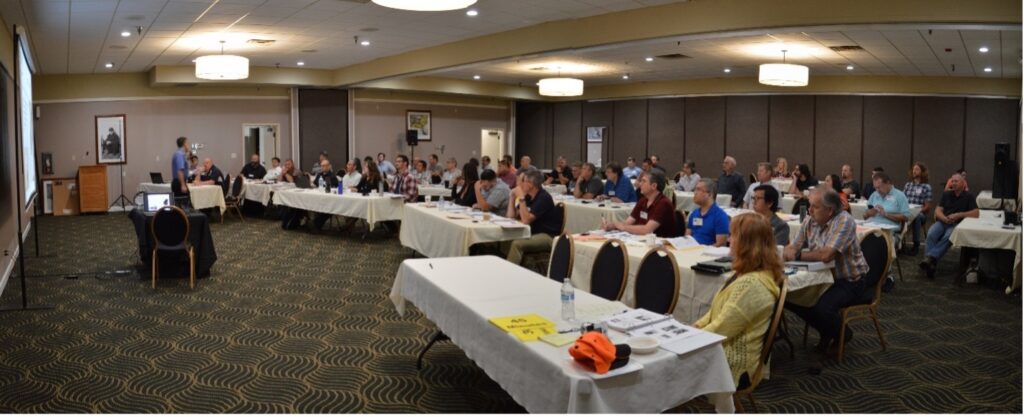
After twenty-five years and eight phases, the California Oregon Advanced Transportation Systems (COATS) project drew to a close this year, marking an end to an era. Sharing roots with the founding of WTI, the COATS project has made a lasting impact on rural transportation in the western states and beyond. The COATS initiative was established to […]
18th Annual Western States Forum a Success
The Western States Rural Transportation Technology Implementers Forum(the Western States Forum or WSF) continued the tradition of success at its 18th annual event in June. Designed to share rural transportation solutions that have been deployed in the field, the Forum featured seven technical presentations and demonstrations and provided a variety of networking and discussion opportunities […]
On the Air: Podcast Digs into Snow and Ice Topics
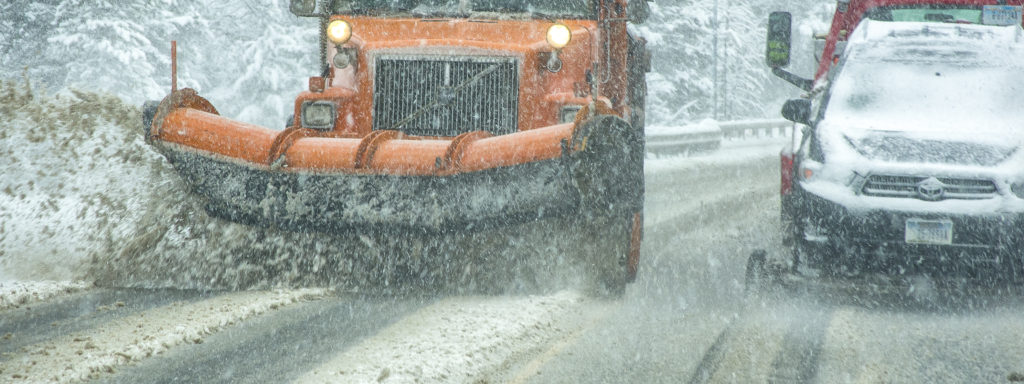
Winter is coming – Did you know that the Snow and Ice Pooled Fund Cooperative Program (SICOP) offers a podcast “devoted to all things winter maintenance”? Don’t miss Episode 41: “The latest word on alternate methods for deicing.” WTI Program Manager Laura Fay talks about the key findings from the recent Clear Roads project on […]
Rural Road Safety Summit – Registration Now Open!
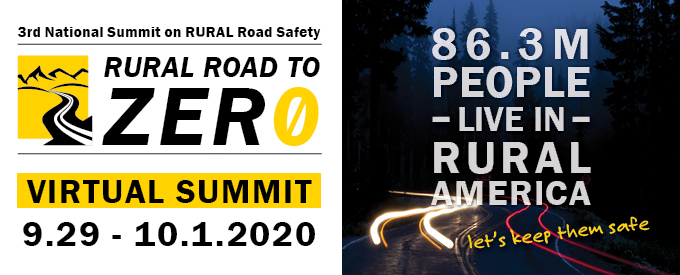
The National Center for Rural Road Safety is excited to announce that the Third National Summit on Rural Road Safety will take place September 29 – October 1, 2020. Registration is now open for this action-oriented event, which is designed to provide professionals with plans and strategies for meeting their region’s Rural Road to Zero […]
Technology Transfer News: New Mexico DOT Funds Culvert Assessments from WTI Study
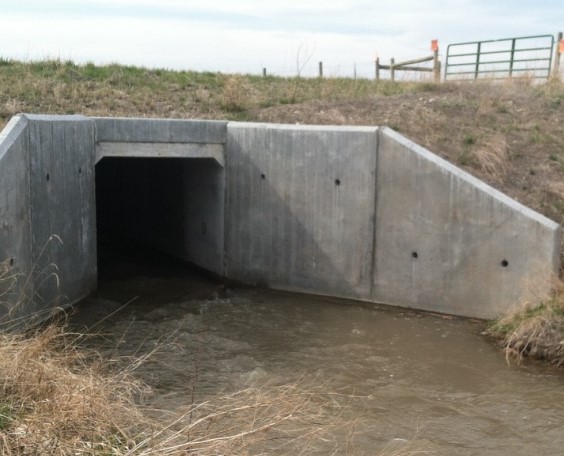
WTI research is being put into practice! The New Mexico Department of Transportation has approved a $500,000 project to develop and implement a culvert assessment management project. The project builds on the recommendations of a research study led by WTI to identify best practices for identifying, inspecting, and maintaining culverts and similar drainage structures. WTI […]
“Rural Matters” at Commute.com
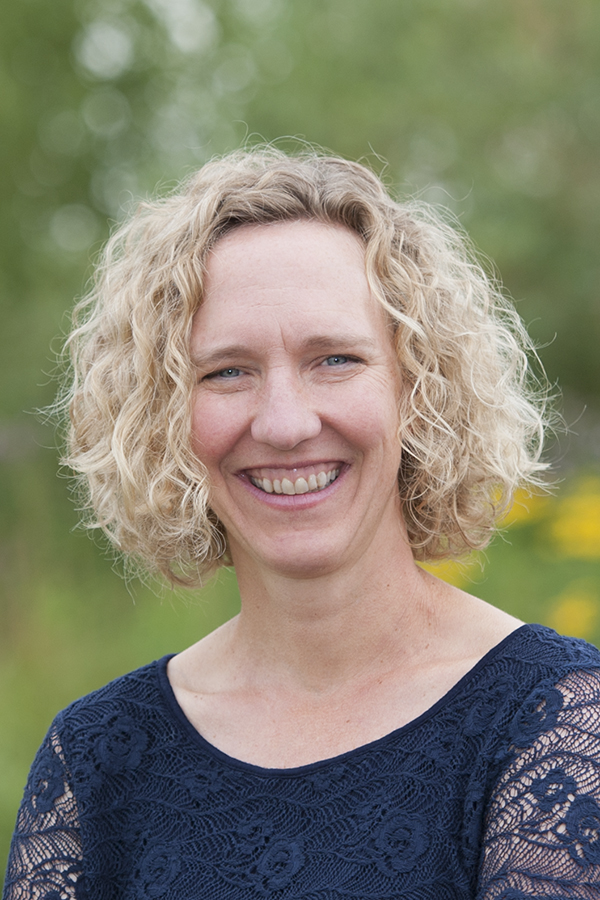
On April 1, Education and Workforce Program Manager Susan Gallagher presented at CommuteCon2020, a virtual gathering of national experts exploring issues related to the “science of smart commuting,” such as telework, commuter behavior, and emerging travel modes. Susan’s presentation, entitled “Rural Matters,” addressed how professional capacity building and workforce development initiatives are needed to support […]
WEBINAR – Local Road Safety Plans
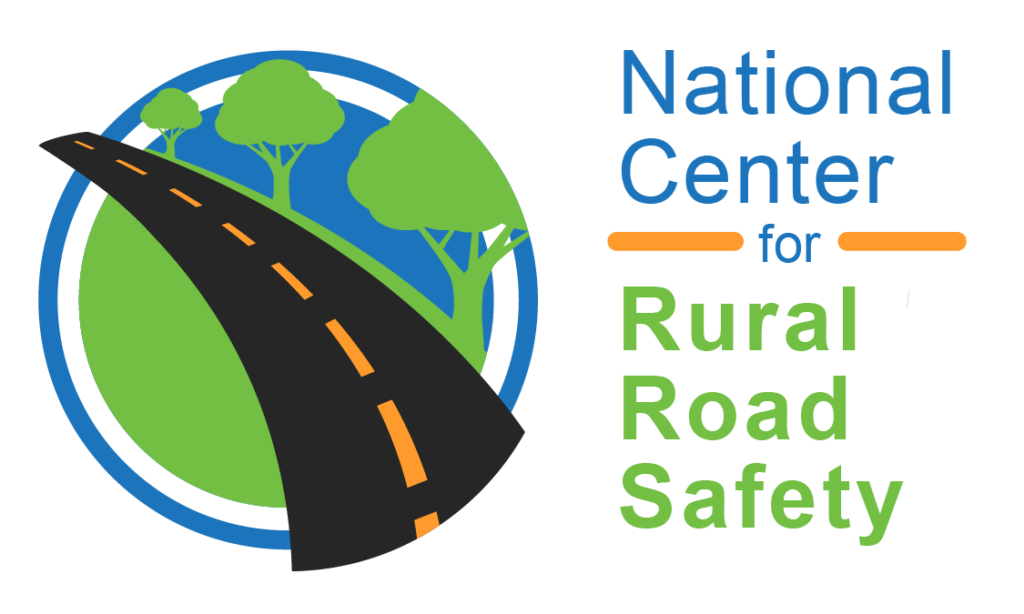
Did you attend the webinar by the National Center for Rural Road Safety (Rural Safety Center) in December about Local Road Safety Plans? Don’t miss Part 2! The Rural Safety Center and the NLTAPA Safety Working Group are co-hosting a FREE, 1.5-hour online webinar entitled LRSP Part 2: A Roadmap to Getting Home Safely. This […]
Wildlife Vehicle Collision Data Collection System: Second phase of development complete
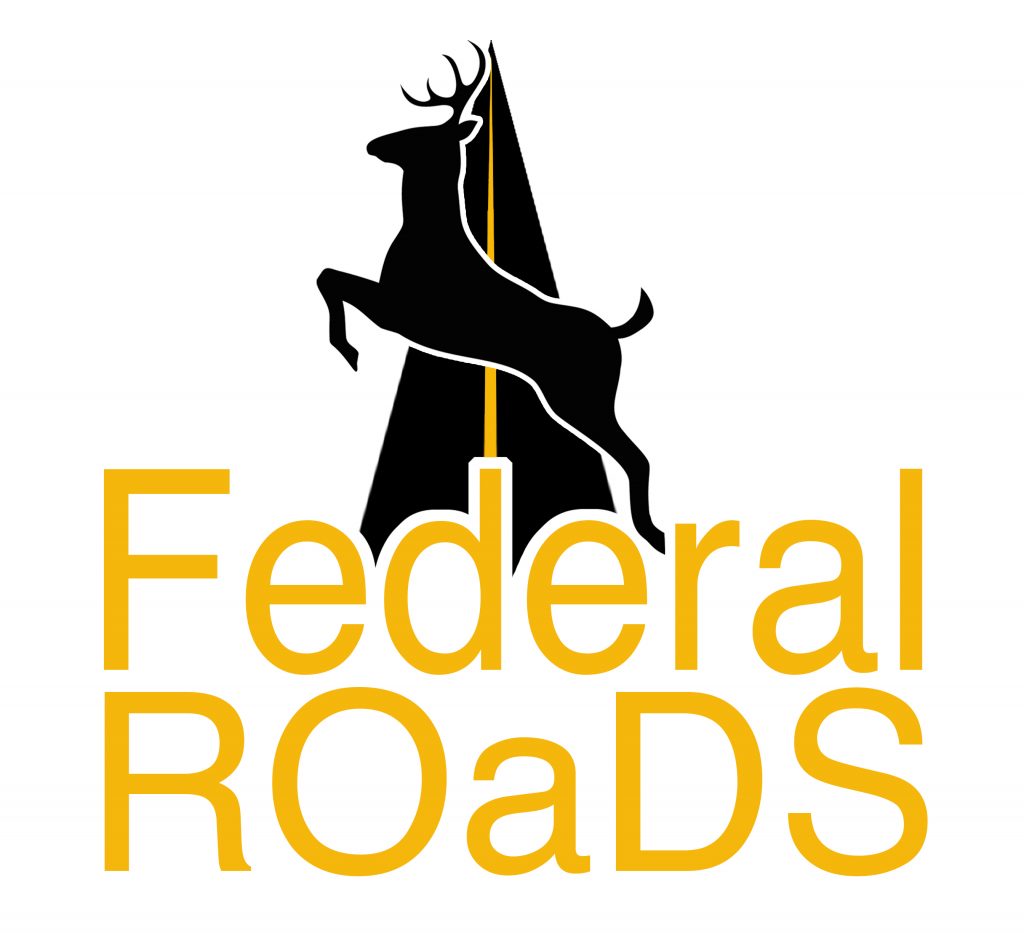
The WTI Road Ecology program, in partnership with the MSU Gianforte School of Computing, has completed a second phase of research on a system to simplify how wildlife vehicle collision (WVC) data is collected and shared among federal agencies. The research program is sponsored by the National Center for Rural Road Safety, the National Park […]
Developing Scenic Bikeways in Rural Areas: New Resource Available
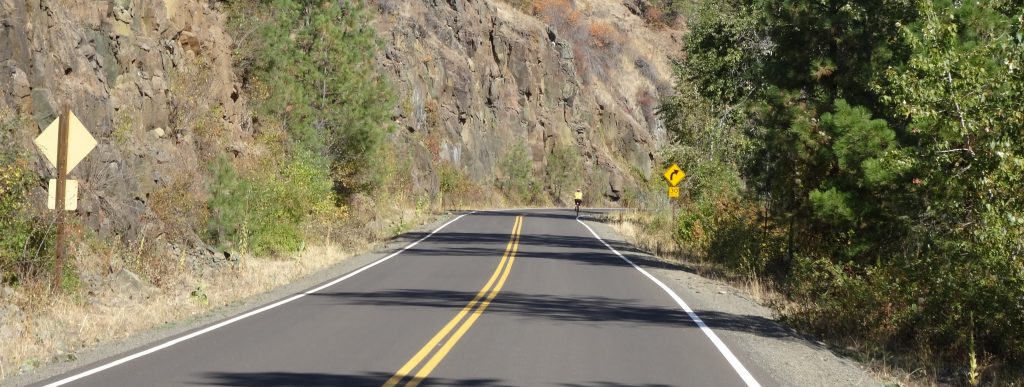
Could a scenic bikeway attract more bicycle tourists to the parks, historic sites and other attractions in your area? Is your agency responsible for operating and maintaining a rural road where a bikeway is proposed? A new resource is now available that can help agencies that oversee rural roads develop safe routes that enhance bicycle […]
Newspaper Lauds Parenting Website
ParentingMontana.org continues to receive great reviews. In a recent editorial, Karen Sullivan of the Montana Standard called the website “one of the best resources on parenting I’ve run across, and Montana parents are lucky to have it.” ParentingMontana.org features practical tools for parents with kids ranging from age five to age nineteen, covering challenging topics […]
